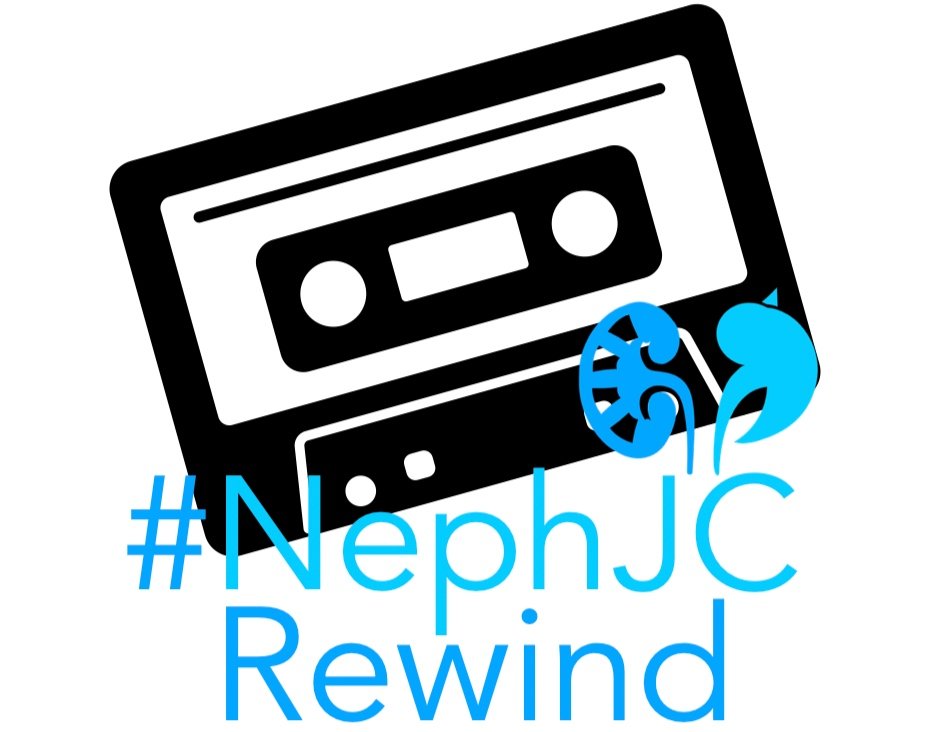El ondansetrón, ampliamente utilizado para controlar las náuseas en pacientes de hemodiálisis, ha sido el centro de una importante discusión por su posible relación con eventos cardíacos, como la muerte súbita.
Un análisis reciente sugiere que, aunque es efectivo, su uso podría estar asociado con riesgos no contemplados previamente en pacientes en hemodiálisis. Revisa el resumen visual realizado por Santhoshi Bavi y únete a la conversación en nuestro próximo #NephJC.





















































